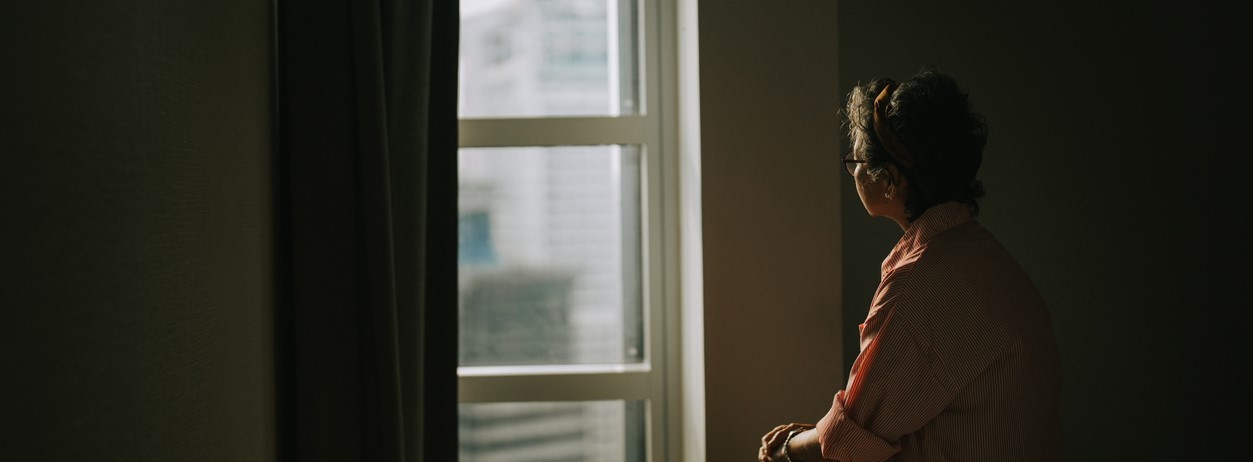Diazepam Detox and Therapies
Before starting any treatment for addiction, you must complete a drug detox. This is where the substance leaves your body and can result in a number of side effects and symptoms. Some of the most common withdrawal symptoms include flu and cold-like symptoms, muscle ache, sweating and stomach concerns.
These side effects are not only challenging but can become dangerous, which is why it’s advised that you complete the detox as part of your rehabilitation programme. As well as this, a medically-assisted detox means that you’ll be regularly monitored and supported, and prescribed any medication to help with the effects.
The full detox process can take around 10 days but, once done, you will be ready to start your treatment.
At Nova Recovery, we offer individual, group and family therapy that focuses on Cognitive Behavioural Therapy, education and creative therapy. By combining our therapy treatments with detox, we believe that it helps to treat physical addiction as well as psychological symptoms.
When you’re not taking part in treatment, you’re also encouraged to make the most of our well-being, holistic and nutrition sessions.
Led by an expert, these activities are designed to help you to create a healthy lifestyle with habits that are good for your body and brain. This will also help you thrive in a life away from drugs when your time at rehab ends.




